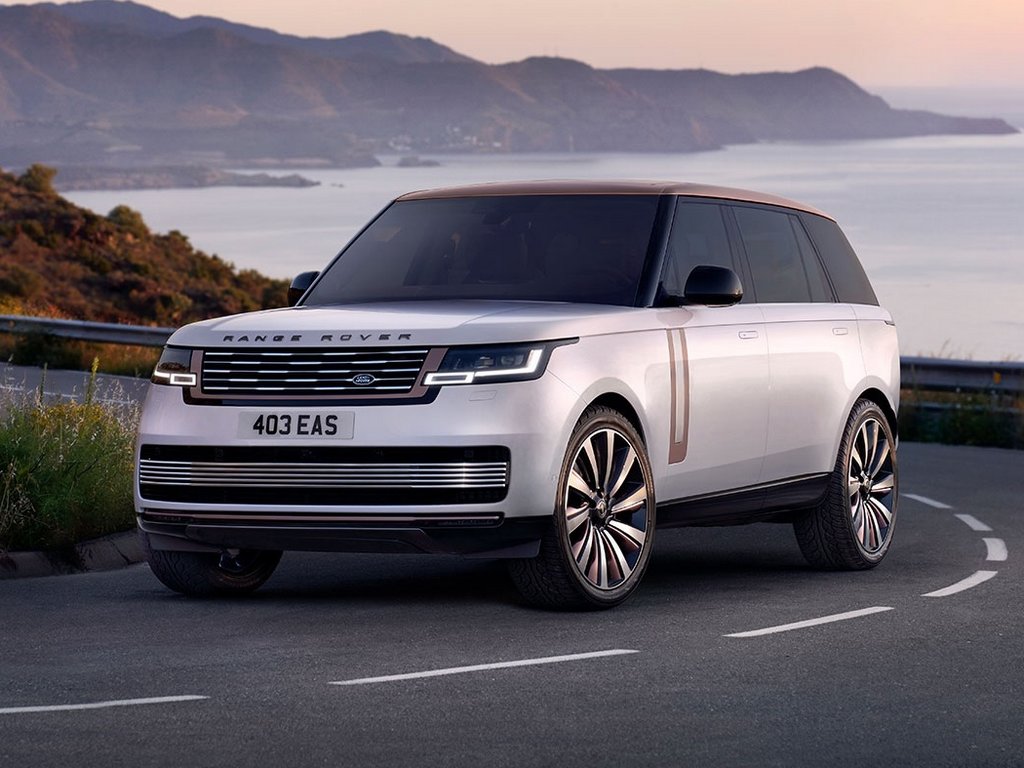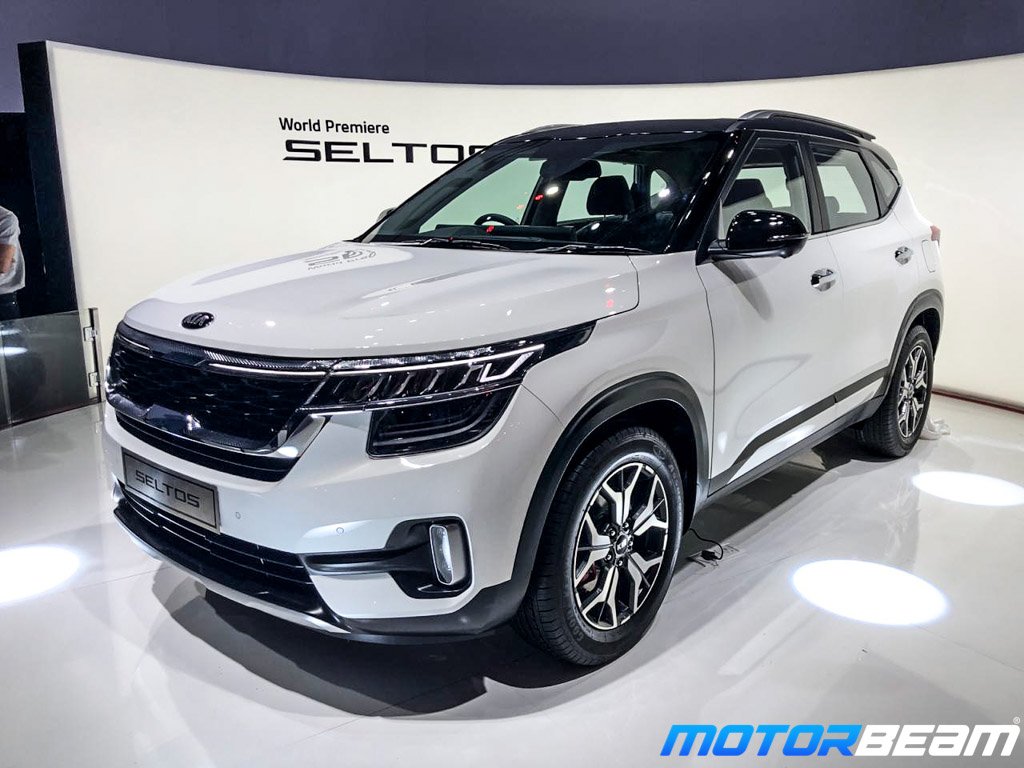
UK delays 2030 ICE car sales ban to 2035
In a recent announcement, UK Prime Minister Rishi Sunak confirmed a 5 year delay in the implementation of the ban on the sale of new petrol and diesel powered cars, originally set for 2030.
The new deadline for the complete transition to zero emission vehicles has been extended to 2035, aligning with other countries such as the European Union and Canada. This decision is part of a broader series of changes to the UK’s climate change policies.
The original plan allowed for certain hybrid powertrains capable of “significant zero-emission running” to be sold until 2035 but the revised policy now extends this window to all combustion engine vehicles, providing consumers more time to make the transition to electric vehicles.
In his statement, Prime Minister Sunak emphasised the government’s commitment to making the UK a world leader in electric vehicles. He cited the growing investment in EV technology, decreasing costs, improving range and expanding charging infrastructure as factors that will drive consumer adoption.
Sunak stated, “I expect by 2030, the vast majority of cars sold will be electric, because the costs are reducing, the range is improving, the charging infrastructure is growing. I also think, at least for now, it should be you that makes that choice, not the government forcing you to do it. Because the upfront cost is high. We’ve got further to go to get the charging infrastructure in place. So to give us more time to prepare, we’re going to ease the transition to electric vehicles. You’ll still be able to buy a combustion-engined vehicle until 2035.”
One noteworthy change is that existing petrol and diesel cars will still be allowed to be sold on the second-hand market after 2035, even though the original ban only applied to new car sales.
In addition to the ICE ban delay, the UK government is reportedly considering an “Aston Martin exemption.” This would grant low-volume car manufacturers more time to transition to electric vehicles, reflecting a similar provision within European Union law, which allows niche manufacturers to continue selling ICE cars in the EU after the 2035 ban. Manufacturers that produce fewer than 1000 cars annually would be exempt from the ban.
The government aims to achieve its 2050 net-zero carbon emissions target while ensuring a fair and achievable transition to electric vehicles. Prime Minister expressed confidence that the UK would meet its international climate targets while pursuing more realistic and inclusive policies.
The Indian government is also pushing the industry towards electric mobility and alternative fuels. They are discouraging carmakers in India from selling petrol and diesel cars in the long run due to pollution issues and the high import volume of petrol and diesel. The Indian government is pushing the auto industry to phase out diesel-powered vehicles sooner. They are considering introducing higher tax rates for diesel-powered vehicles in the future if sales don’t decline.




